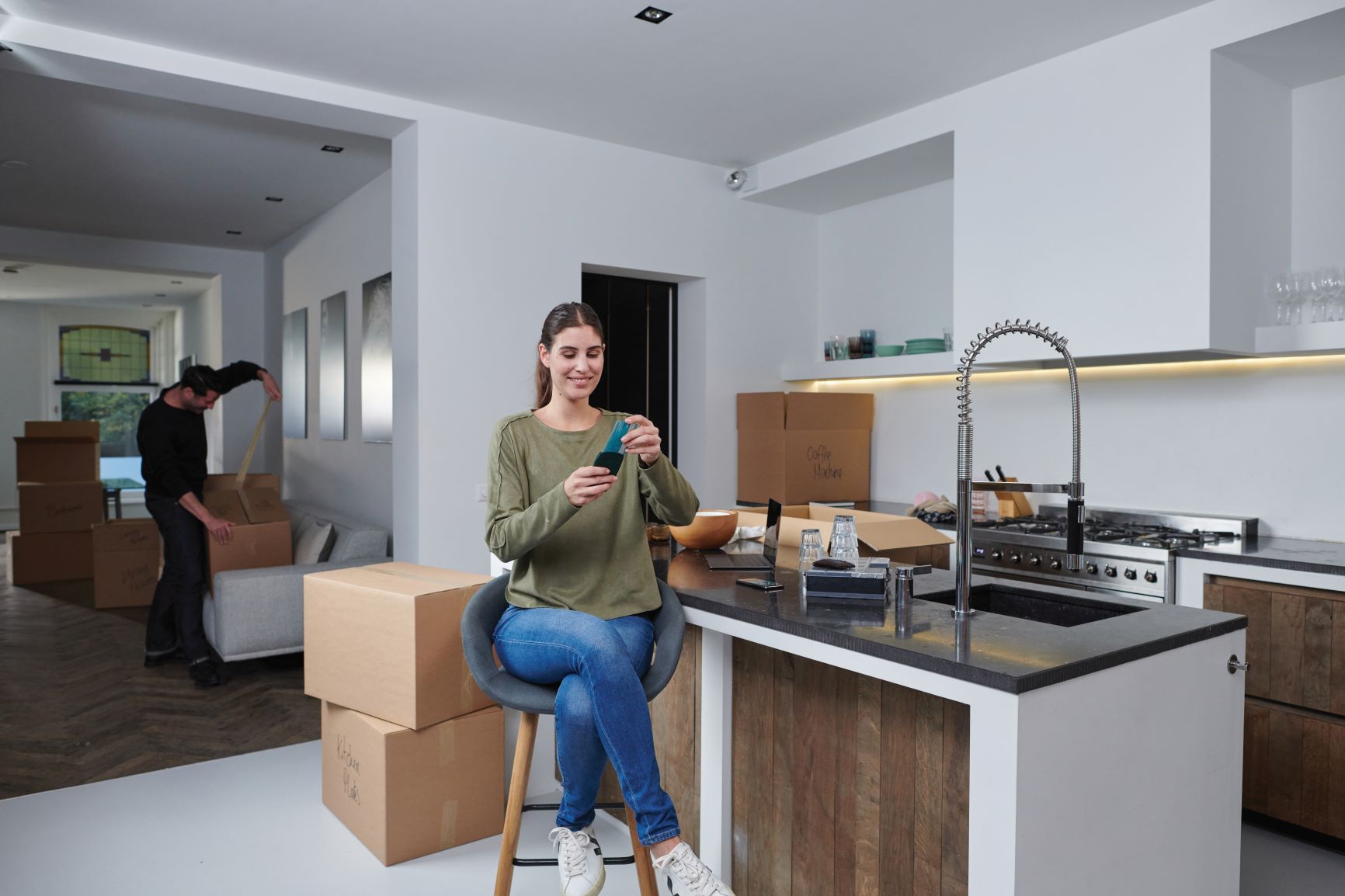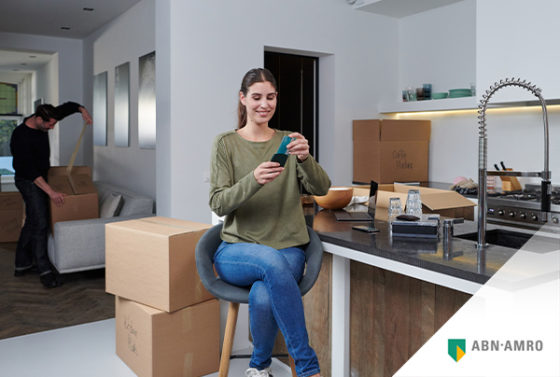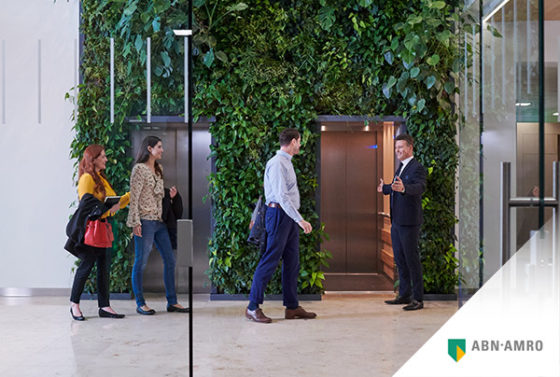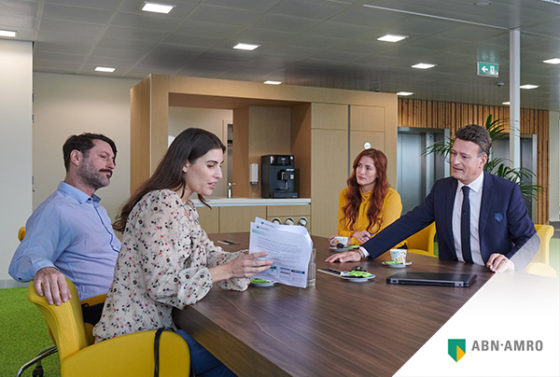Knowledge bank: how to open your first account in the Netherlands

 Make opening a Dutch bank account the least of your worries with the help of experienced expat advisors at ABN Amro.
Make opening a Dutch bank account the least of your worries with the help of experienced expat advisors at ABN Amro.
One surprise many internationals face when they arrive in the Netherlands flashing their foreign credit or debit cards is that some Dutch supermarkets and local shops won’t accept them.
This is a common experience related to Ronald de Kruijf, a financial advisor for expats based in Eindhoven. He is part of a team serving around 100,000 ABN Amro expat clients, via dedicated desks in Eindhoven, The Hague, Rotterdam and Amsterdam. They know that even in today’s fast banking world, in a new country, there can be some challenges.
‘We advise them with opening bank accounts, on services like insurance and work with a dedicated mortgage and income and assets team to give all the information that’s required when you come to the Netherlands,’ he explains. ‘We don’t want you to face difficulties from not knowing things, and we do see differences between countries.’
The first thing you may want to do sounds like the simplest: opening a bank account. At banks like ABN Amro, this is now possible to do online if you have the correct documentation. ‘If you are planning to stay here for a while and are in possession of a passport and a BSN identification number, you can do it from a distance via the mobile banking app,’ says De Kruijf. ‘You register your own client data in the secured app, it’s fast, convenient and you get your account number within four hours.’
Expert in expats
You can also make an appointment to visit one of the bank’s special international desks, where advice is available in English and 15 other languages. Some people come alone, while others bring a business contact or relocation agent (who can also help with challenges such as finding a property, registering your address with your local council and getting a BSN identification number).

De Kruijf believes that when you’re relocating, you really feel the value of a bank with bricks-and-mortar branches and a friendly, expert team. ‘We have several branches across the Netherlands, specialised teams and quite some experience with serving expats for a long time, so we are very familiar with their needs,’ he says.
‘In the past 25 years, ABN Amro has advised expats, diplomats, civil servants and all kinds of international organisations. We provide products and advice on payments, savings, insurance, credit cards, mortgages, loans and investments and all these services are under one roof.’
Be well-prepared
Even before moving to the Netherlands, there are things you can do. De Kruijf advises drawing up a list of your most important questions and wishes, such as where you want to live or where your children might go to school. ‘Make a personal checklist, and be sure not to forget anything while settling in,’ he says.
‘Based on our experience, we’ve also curated several relevant tips to help you get accustomed to your new surroundings.’
Even when you have been in the country for a while, you might still wonder about cultural differences from why the Dutch are so frugal (and proud of it) to whether it’s okay to be 10 minutes late for an appointment (not really). This is why the bank has compiled some cultural advice on its English web pages, to help newcomers with their personal and business behaviour too.
Take advice
Stéphanie Cornets de Groot, business representative for international clients at ABN Amro, recently helped advise staff at a major European body that moved from London to the Netherlands, and she suggests getting lots of expert advice. ‘We work closely with our business partners, relocators, municipalities, and everything is in English,’ she points out. ‘We have a large network and also have services like running seminars or webinars on subjects like buying a house in the Netherlands: we see there’s a lot of interest in that due to high rental fees.’

De Kruijf says some clients want to transfer income and assets from other countries, while insurance is another real difference. One great benefit of the Netherlands, cycling around, also comes with the risk of scraping past a car or injuring someone.
‘We always recommend personal liability insurance, which isn’t that common in every country, but we don’t want you to face any surprises,’ he says. ‘You can normally apply after your account is active, at the branch or online. If you cause an accident, costs can be quite high. Of course, we also have home contents insurance and other things like travel insurance.’
But it all starts with that Dutch bank account, says Cornets de Groot. ‘Although internationals are used to using a credit card, here you often need a local card for things like public transport. Most of the time your company HR will also need a Dutch bank account to pay your salary…which helps, when you want to pay for your groceries!’
Find out more about opening a bank account at ABN Amro here.
Thank you for donating to DutchNews.nl.
We could not provide the Dutch News service, and keep it free of charge, without the generous support of our readers. Your donations allow us to report on issues you tell us matter, and provide you with a summary of the most important Dutch news each day.
Make a donation